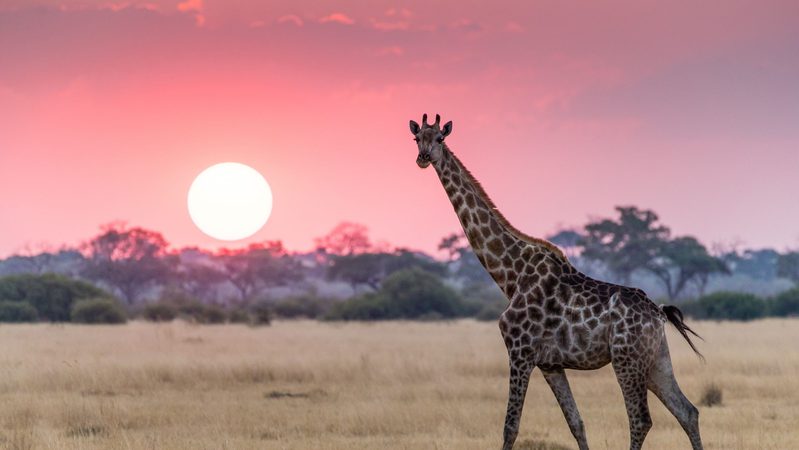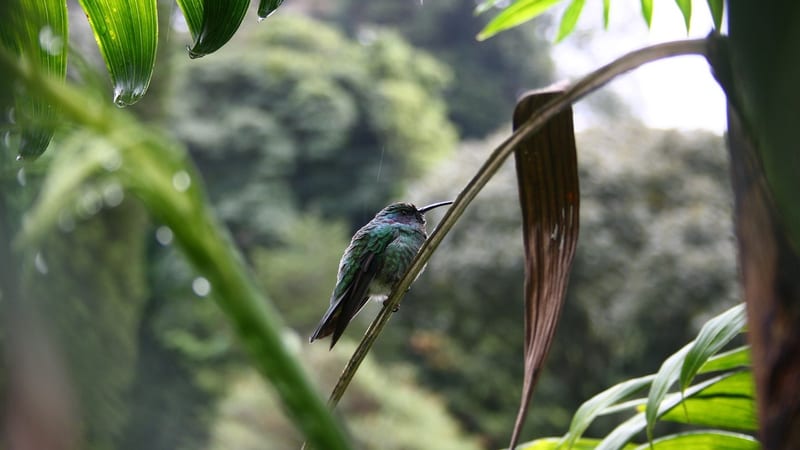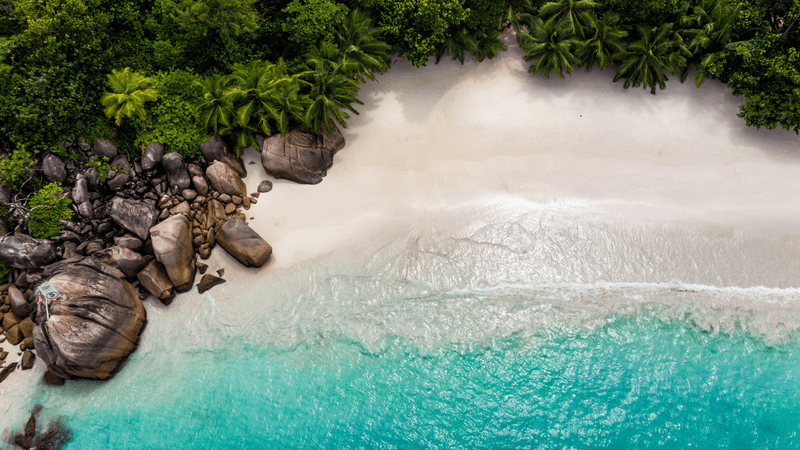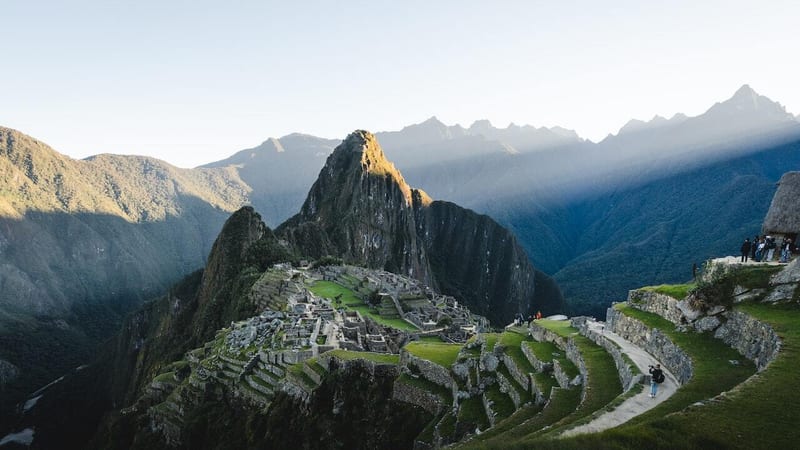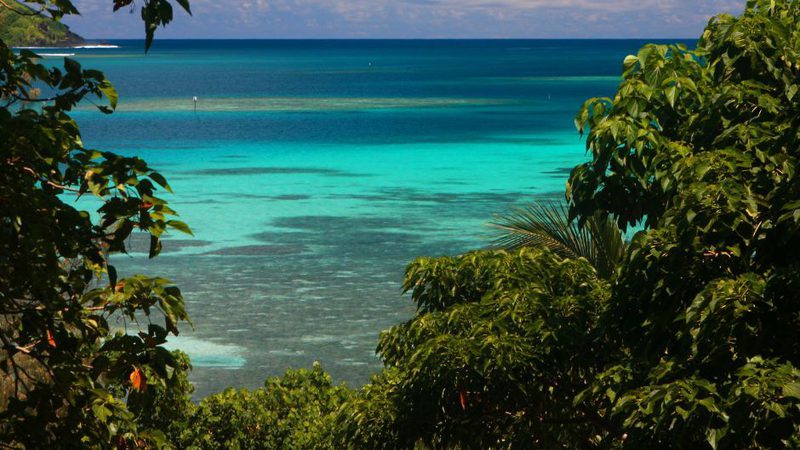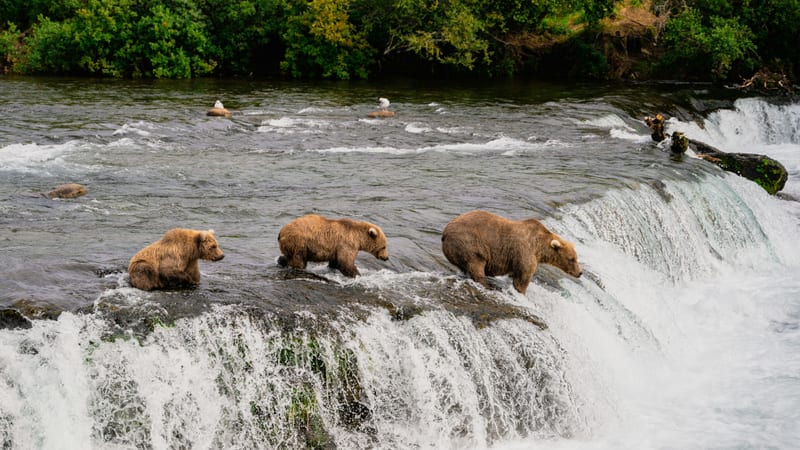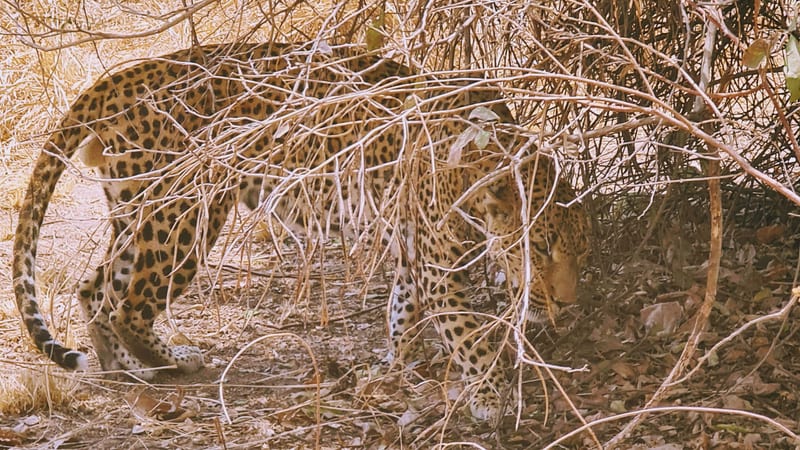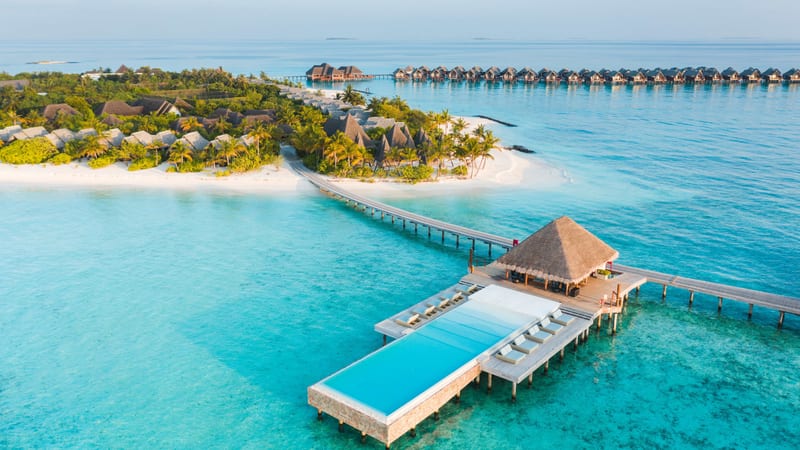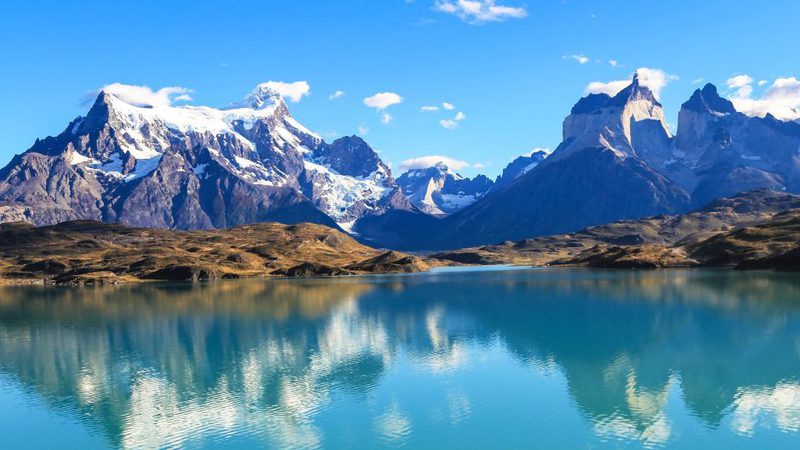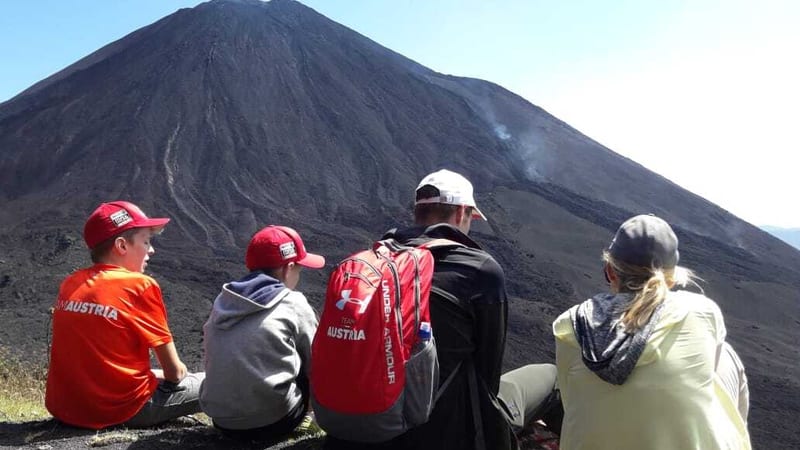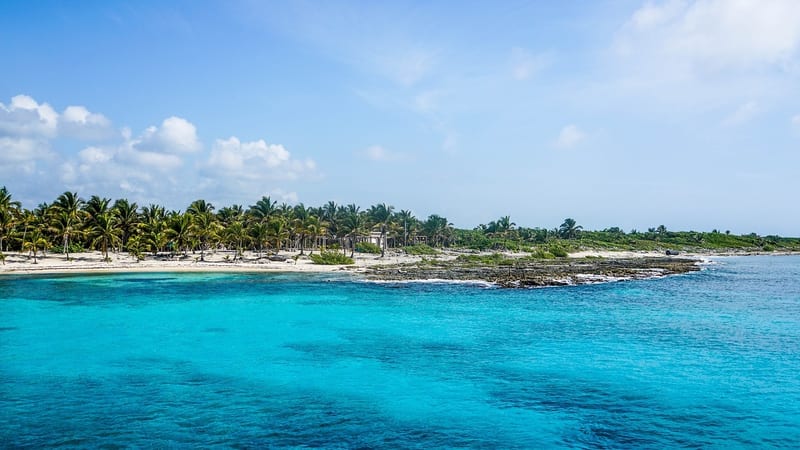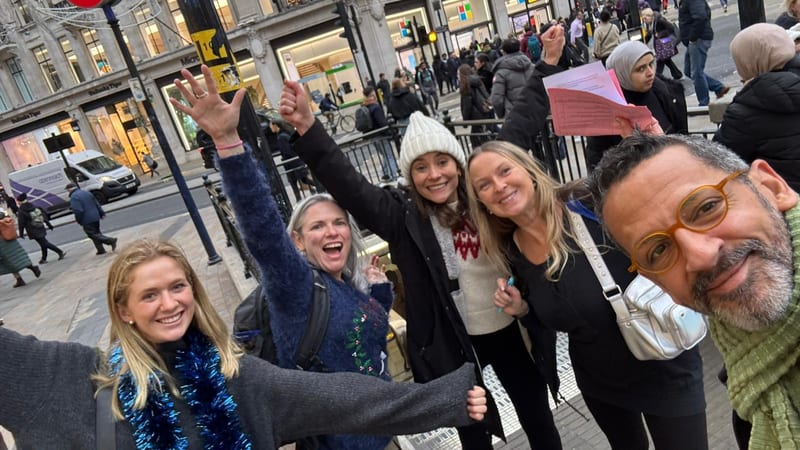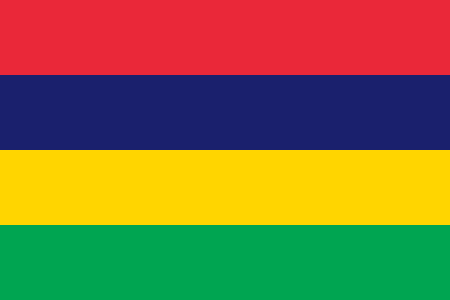
Quick Facts
- Area: 2,040 sg km
- Capital: Port Louis
- Agricultural Products:sugarcane, tea, corn, potatoes, bananas, pulses; cattle, goats; fish
- Religions: Hindu, Roman Catholic, Muslim, other Christian
- Languages: Creole, Bhojpuri, French, English
- Population: 1,322,238
- Currency: Mauritius Rupee (MUR)
- Time Zone: GMT + 4 hours
Geography and Climate
Mauritius is a sup-tropical island in the South-western Indian Ocean, approximately 600 miles east of Madagascar and 1,500 miles east of the coasts of southern and eastern Africa. The main island is about 40 miles long and just 30 miles wide, and is ringed by coral reefs along with around 20 smaller islands. Inland, there are a wide variety of natural features, from undulating plateaus of indigenous forests and sugar cane plantations, to steep gorges, waterfalls and cascading rivers and streams. The islands are in the Indian Ocean cyclone belt and the climate is subtropical, with the western and northern parts of the island being warmer and relatively drier. The existence of permanent, luxurious vegetation testifies to the excellent climatic conditions it enjoys all year round.
Average annual temperature and rainfall:

Passports and Visas
A full and valid passport is essential and must be valid for at least six months beyond your intended stay, with a minimum of two blank pages. No advance visa is required for British nationals who, on arrival, will have their passport stamped allowing entry to the country for 60 days. You will need to be able to present a return/onward ticket, local address and sufficient funds. Other nationalities should check their visa requirements.
Please note an original wedding certificate or a certified copy must be produced at hotels in Mauritius for all honeymoon packages.
Check the foreign office for all the latest travel advice for Mauritius.
Health
We hope the information below is helpful, but it is only guidance; requirements change frequently and you MUST check all health requirements yourself with your GP.
- A Yellow Fever Certificate is required from travellers arriving from a Yellow Fever endemic country.
- A number of pharmaceutical drugs, which are freely available on prescription in the UK, are prohibited in Mauritius (such as the high dosage of pain killer, Co-proxamal). Visitors arriving with prescription drugs should keep them in the manufacturers box with the pharmacy prescription label available for inspection by Mauritian customs.
- Although there are no malarial mosquitoes in Mauritius, the Ministry of Health may ask you for a blood sample either at the airport or at a later stage during your stay if you have travelled from a country where malaria is common.
- Cases of dengue fever transmitted by mosquitoes have been reported. You should take mosquito bite avoidance measures.
- Please ensure that you are fully up to date with your country of destination’s Covid travel policies. Click here for the latest FCO advice.
More information on the latest health requirements can be found at the Travel Pro Health website.
Insurance
Your travel insurance should provide cover for cancellation and curtailment, medical insurance, lost or damaged baggage and emergency evacuation. We are fortunate to be partnered with Rush Insurance who provide a range of travel insurance policies specifically for the type of trips we offer. We have a dedicated page on their website here.
Money
The local currency consists of 5 cents, 20 cents, 50 cents, 1 Rupee, 5 Rupees, 10 Rupees and 20 Rupees. Bank notes consist of 25 Rupees, 50 Rupees, 100 Rupees, 200 Rupees, 500 Rupees, 1000 Rupees, and 2000 Rupees notes (the last is quite rare).
Credit Cards such as American Express, Visa and Mastercard are accepted in hotels, most restaurants and shops.
Recommended Reading
- Bradt Travel Guide to Mauritius

